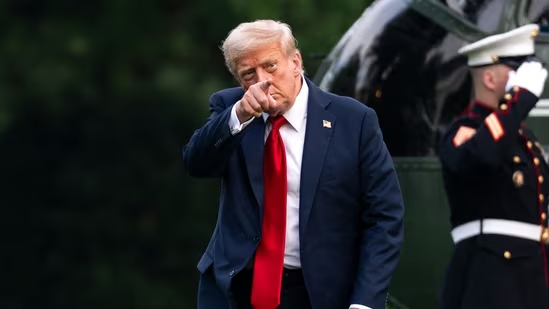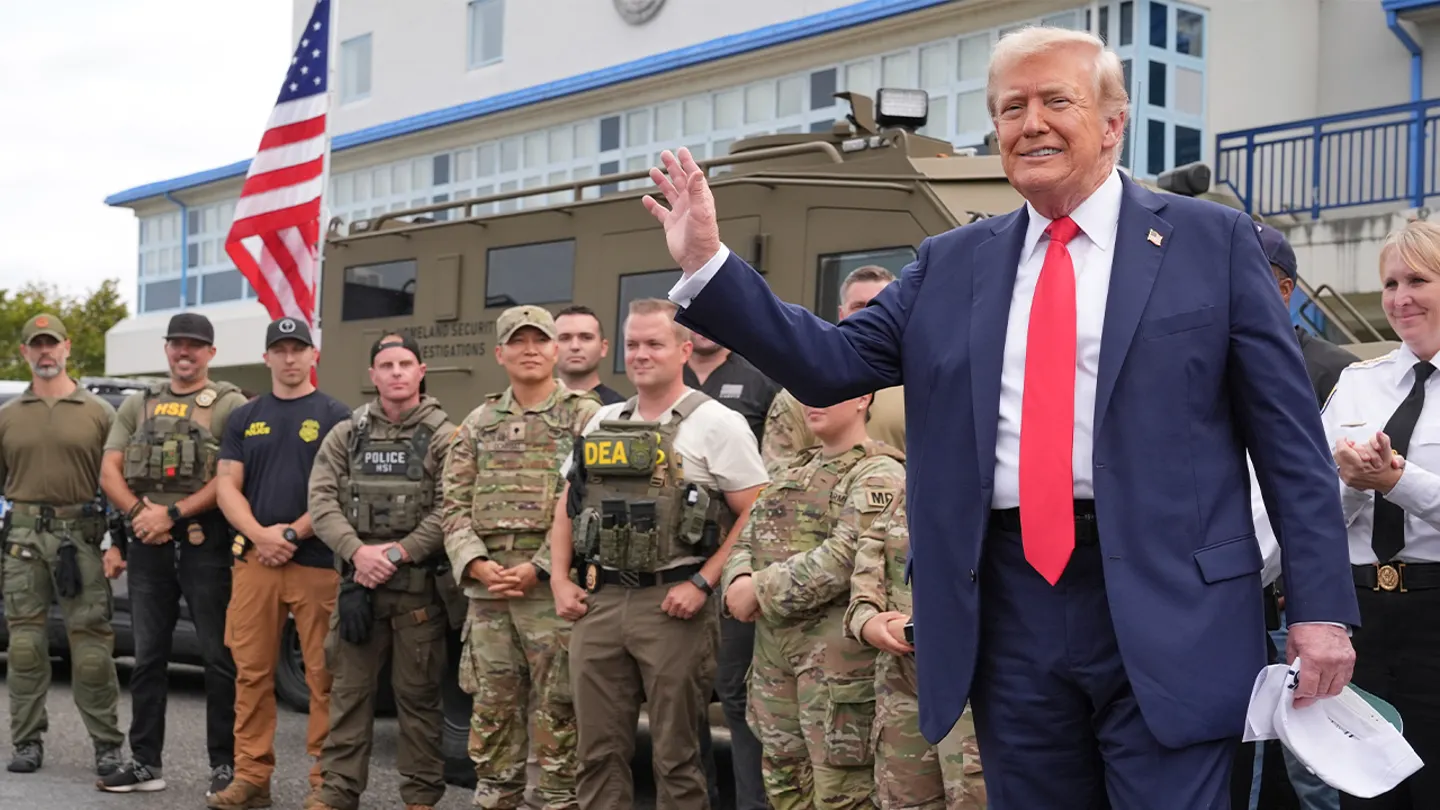On Tuesday evening,
House Speaker Mike Johnson
abruptly announced an early recess for the House of Representatives, citing the absence of any “time-sensitive” business. The move halts all legislative activity until September, effectively pausing a heated debate over the release of documents related to Jeffrey Epstein. With this adjournment, the 119th Congress inches closer to being remembered as one of the least productive sessions in modern history.
The 119th Congress, which began its term on January 3, 2025, during the final days of President Joe Biden’s tenure, is set to continue through January 2027. Like every Congress, it plays a critical role in shaping laws that impact Americans’ daily lives. But by many measures, this one is lagging far behind.
According to data from
GovTrack
, Congress has enacted just 27 bills so far—far fewer than at similar points in most sessions since the 103rd Congress in 1993. This lack of progress is especially notable given that Republicans control both chambers, with a 219–212 edge in the House and a 53–45 majority in the Senate.
A Rubber-Stamp Congress?
Experts say this stagnation may reflect a broader political dynamic: Congress acting more as an extension of the Trump White House than an independent legislative body.
“This is a Congress that’s
functioning
more as a rubber stamp for President Trump than a co-equal branch of government,” said Mark Shanahan, a U.S. politics lecturer at the University of Surrey. “It’s delivering his campaign promises, no more, no less. It’s hyper-partisan, fatigued, and weakened by narrow majorities. Major legislative efforts are slow, and many members appear ill-equipped to lead.”
Shanahan added that the 119th Congress is “under the thumb of an increasingly authoritarian Executive.”
Scott Lucas, a professor of international politics at University College Dublin, offered a similar view, noting that Trump has leaned heavily on executive orders during his second term and views Congress as useful only for “big, high-profile legislation.”
“If you already see yourself as the ultimate authority, why bother with Congress?” Lucas said.
How Unproductive Is It?
While the 119th Congress is
undeniably
slow-moving, it’s not the least productive on record. That title belongs to the 118th Congress, which had passed just 13 bills at the same point in its term. The 118th session was plagued by divided government—Democrats held the Senate and White House, while Republicans controlled the House—and intense GOP infighting that cost Kevin McCarthy the speakership.
Still, by comparison, the 119th Congress is faring poorly. Even during the first eight months of the 104th Congress in 1995, only 22 bills had passed—slightly fewer than the 27 passed so far this year. That makes the current Congress the third-least productive since 1993.
On the flip side, the most productive was the 103rd Congress, which passed 82 bills during the same timeframe. Others, like the 108th Congress during George W. Bush’s presidency, passed 76 bills. Even Congress under Trump’s first term saw more legislative output: the 115th and 116th sessions passed 55 and 56 bills, respectively, by this point in their terms.
Does the Number of Bills Really Matter?
Some argue that the raw
number of bills
isn’t the best measure of congressional activity. Richard Johnson, a senior lecturer in U.S. politics at Queen Mary University of London, noted that today’s Congress often bundles numerous policy changes into large omnibus bills.
“The number of laws passed doesn’t fully capture legislative output,” Johnson told
Newsweek
. “For example, the Big Beautiful Bill Act was essentially five major bills rolled into one—covering tax, welfare reform, climate subsidies, immigration, and general funding. So the quantity alone doesn’t reflect the scale or impact of legislation.”
Looking Ahead
The 119th Congress is set to reconvene in September. Whether lawmakers return energized to tackle legislation or continue their sluggish pace remains to be seen. In the meantime, critics argue that Congress’s early exit this week underscores a broader erosion of legislative independence—and raises serious questions about the balance of power in Washington.












